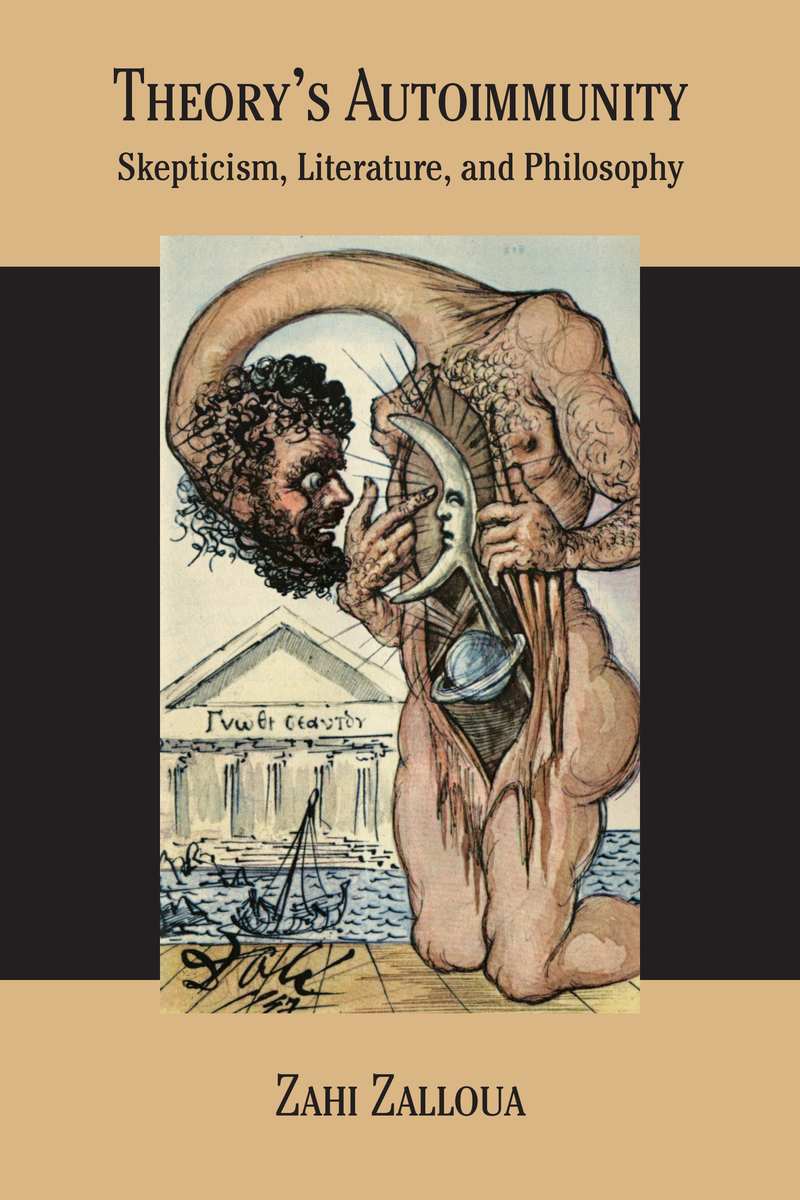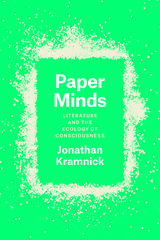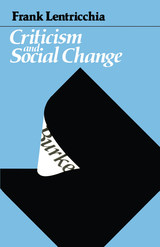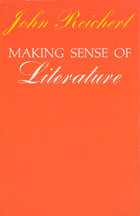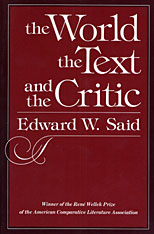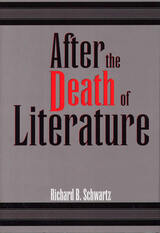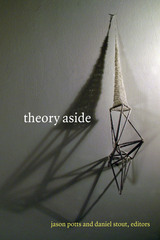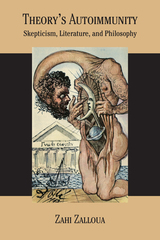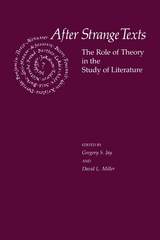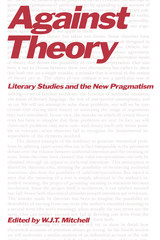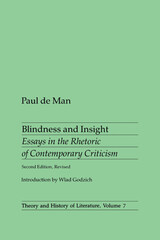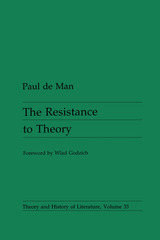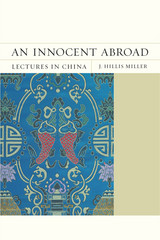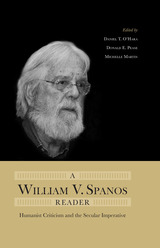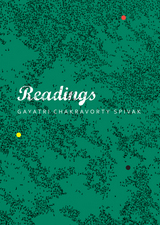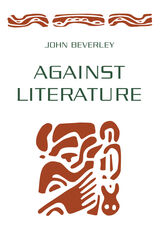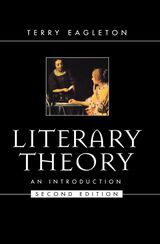Theory’s Autoimmunity: Skepticism, Literature, and Philosophy
Northwestern University Press, 2018
Cloth: 978-0-8101-3779-0 | Paper: 978-0-8101-3778-3 | eISBN: 978-0-8101-3780-6
Library of Congress Classification PN81.Z29 2018
Dewey Decimal Classification 801.95
Cloth: 978-0-8101-3779-0 | Paper: 978-0-8101-3778-3 | eISBN: 978-0-8101-3780-6
Library of Congress Classification PN81.Z29 2018
Dewey Decimal Classification 801.95
ABOUT THIS BOOK | AUTHOR BIOGRAPHY | REVIEWS | TOC | REQUEST ACCESSIBLE FILE
ABOUT THIS BOOK
Engaging scholars from across humanistic fields grappling with the role and value of theory in our times, Theory's Autoimmunity argues for reclaiming theory's skepticism as a value. To cultivate theory's skeptical impulses is to embrace what Jacques Derrida has termed autoimmunity: a condition of openness to the outside—openness of the self, the community, democracy, or other ideals—that allows for change.
Openness to change comes with risks, and the self-protective temptation to immunize oneself or one's community against these risks is strong. Yet without such risks, without openness to otherness, no encounter with the new, with difference, can ever take place. Without autoimmunity, theory becomes stagnant and programmatic, unable to receive and respond to the other or the event, to address, revise, and produce new meanings.
Taking up the challenge of thinking theory as skepticism, with and against philosophy, this study turns to literature as an interlocutor, investigating the ways theory, like the literary works of Montaigne, Baudelaire, Stendhal, Morrison, or Duras, declines to put on the interpretive brakes, to stop reading at a point of understanding. Undoing and remaking itself, theory—those critical interpretive practices that revel in the creation and proliferation of meaning—becomes autoimmune.
Openness to change comes with risks, and the self-protective temptation to immunize oneself or one's community against these risks is strong. Yet without such risks, without openness to otherness, no encounter with the new, with difference, can ever take place. Without autoimmunity, theory becomes stagnant and programmatic, unable to receive and respond to the other or the event, to address, revise, and produce new meanings.
Taking up the challenge of thinking theory as skepticism, with and against philosophy, this study turns to literature as an interlocutor, investigating the ways theory, like the literary works of Montaigne, Baudelaire, Stendhal, Morrison, or Duras, declines to put on the interpretive brakes, to stop reading at a point of understanding. Undoing and remaking itself, theory—those critical interpretive practices that revel in the creation and proliferation of meaning—becomes autoimmune.
See other books on: Comparative Literature | Criticism | Skepticism | Theory (Philosophy) | Theory, etc
See other titles from Northwestern University Press
